Senator John Hoeven, U.S. Senator of North Dakota | Senator John Hoeven Official website
Senator John Hoeven, U.S. Senator of North Dakota | Senator John Hoeven Official website
At a recent Senate Agriculture Committee hearing, Senator John Hoeven discussed with Glen Smith, nominee for Under Secretary for Rural Development at the U.S. Department of Agriculture (USDA), how USDA credit programs could be used to address energy security, rural health care, housing, and livestock producer needs. Smith currently serves as chairman of the Farm Credit System Insurance Corporation and is a member of the Farm Credit Administration board.
Hoeven highlighted his Crack the Code 2.0 initiative, which aims to double both the operational life of North Dakota’s coal-fired power plants and oil production in the Bakken region. He emphasized that rural electric cooperatives will play an important role in deploying enhanced oil recovery (EOR) technologies in this area. Hoeven secured a commitment from Smith to work with him and these cooperatives to accelerate this effort. According to Hoeven, this initiative could create new revenue streams for coal producers while using EOR methods to access more than 5 billion additional barrels of oil in North Dakota.
The senator also addressed other rural priorities during his discussion with Smith. He pointed out previous successful projects such as building modern hospitals in Rugby, Grafton, and Hazen as examples for improving health care access through partnerships between Rural Development loans and Critical Access Hospital reimbursement programs. Hoeven said these efforts have helped communities secure new facilities and improve local health care services.
Additionally, Hoeven discussed expanding access to small meat processing facilities to give ranchers more options for selling their products.
“In North Dakota, we’ve made good use of credit programs at USDA to empower communities to meet local and regional needs, particularly for health care. We’re working to expand upon those efforts, including by working with our rural electric cooperatives to advance Crack the Code 2.0 in the Bakken, and Glen Smith will be an important partner in moving that initiative forward,” said Hoeven. “Whether it’s energy security, health care, housing or better helping livestock producers sell their commodities, we have real opportunities through Rural Development to improve the economy and quality of life in rural America. I look forward to working with Mr. Smith to do just that once he’s confirmed to his new role.”
Hoeven’s ongoing support for Crack the Code 2.0 includes efforts as a member of the Senate Energy and Water Appropriations Committee where he is seeking up to $50 million in federal funding for the project; so far $12 million has been provided which enabled research into CO2 injection techniques for EOR by entities like Chord Energy and the Energy and Environmental Research Center over an 18-month period.
He has also secured commitments from federal officials such as Energy Secretary Chris Wright and Assistant Secretary of Fossil Energy Kyle Haustveit for increased collaboration on this project between North Dakota and federal agencies like the Department of Energy.
Federal and state contributions are expected to leverage $76 million in private investment toward Crack the Code 2.0, bringing total project funding close to $171 million.
Hoeven also worked on legislative measures such as aligning tax credits under OB3 legislation—specifically adjusting section 45Q—to encourage use of CO2 for EOR purposes. This provides long-term incentives making EOR commercially viable in Bakken oil fields while supporting continued operation of coal power plants.
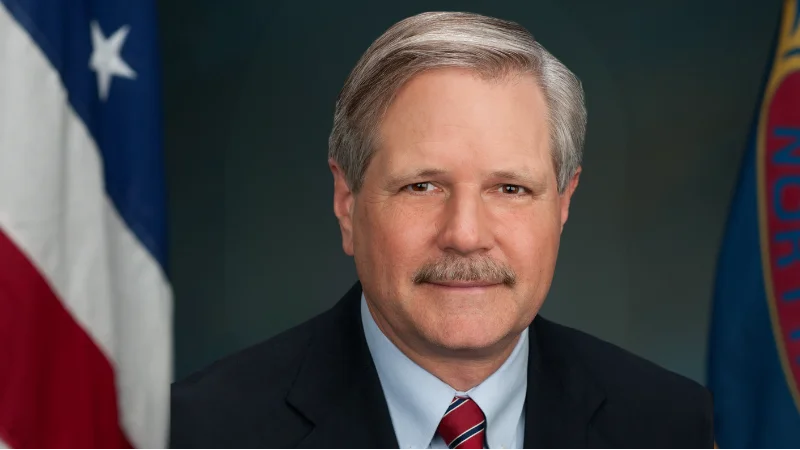
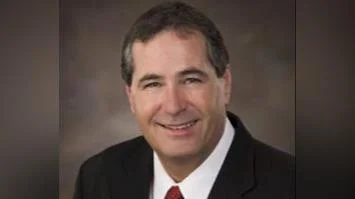
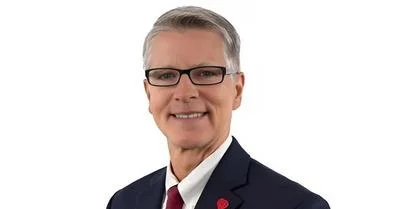
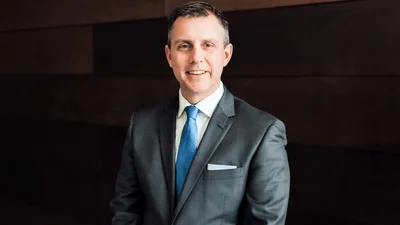
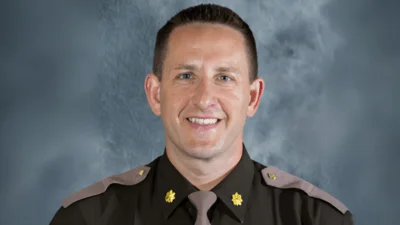

 Alerts Sign-up
Alerts Sign-up